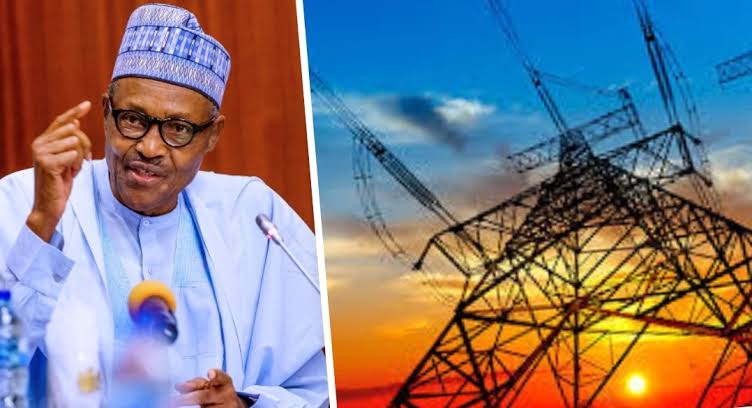Nigeria experienced a widespread electricity blackout on Wednesday following the collapse of its national grid, according to statements from the country’s power distribution companies. This marks yet another failure in a year that has seen at least 10 partial or total grid collapses, attributed to faults and vandalism of critical power installations.
The collapse occurred at approximately 12:33 GMT, plunging Africa’s most populous nation into darkness. Data from the Transmission Company of Nigeria revealed a dramatic drop in electricity generation, from 3,087 megawatts just before the grid failure to zero by 14:00 GMT. The recurring collapses underline the fragility of Nigeria’s power infrastructure, which continues to struggle with aging equipment, inadequate maintenance, and security challenges.
Nigeria’s power distribution companies, commonly referred to as Discos, issued separate statements acknowledging the grid failure. They assured citizens that efforts were underway to restore electricity as quickly as possible. However, no specific timeline for restoration was provided.
The Discos expressed concerns over the impact of such frequent outages on businesses and households, especially in a country where unreliable electricity supply has long been a barrier to economic growth and development.
Blackouts of this magnitude exacerbate the challenges faced by Nigerian businesses, many of which rely on expensive diesel generators to compensate for the unreliable grid. The outages also disrupt essential services such as healthcare, transportation, and water supply, further straining the daily lives of millions of citizens.
Nigeria’s power grid failures have been a recurring issue, with the country’s generation capacity far below the demand of over 200 million people. Despite government investments in the power sector, systemic inefficiencies and sabotage of power infrastructure remain persistent problems.
Experts have called for urgent reforms in the power sector, including investments in modernizing the grid, improving security at installations, and fostering public-private partnerships to enhance electricity generation and distribution. There is also a growing push to diversify Nigeria’s energy sources by incorporating renewable energy into the national grid to reduce dependency on traditional power plants.
While the government has pledged to address these challenges, the recurring grid collapses highlight the need for swift and comprehensive action to ensure a stable and reliable power supply.
The immediate focus remains on restoring electricity across the country. Authorities and technical teams are reportedly working to identify the cause of the latest grid failure and implement measures to prevent similar incidents in the future.
Nigerians, meanwhile, continue to grapple with the frustrations of an unreliable power supply, which remains one of the most pressing infrastructure challenges in the nation.



